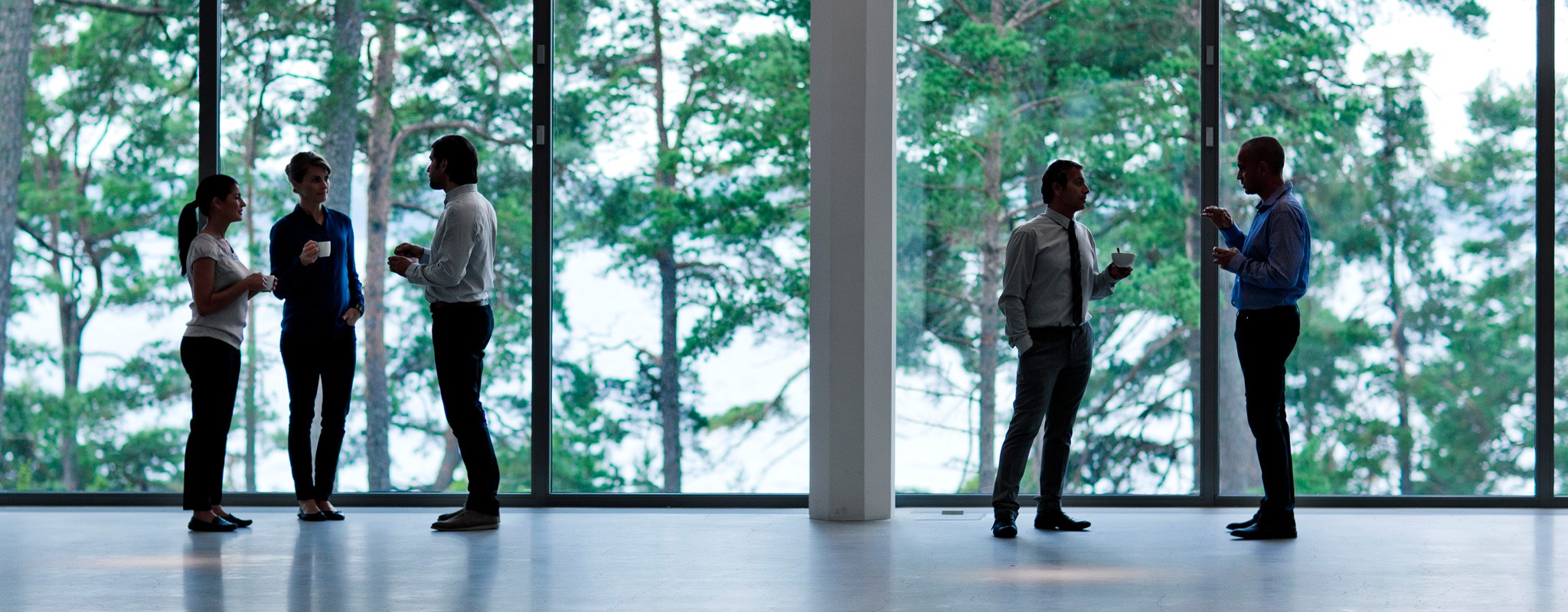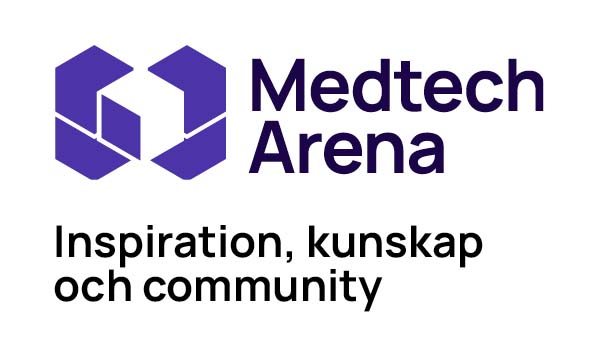
Here we test how machine translation with Lingotek works.
"We usually talk about the technology as a kind of Google Maps for biological tissue. "Our technology identifies where the individual genes are in the tissue, and with the help of gene expression, the cells can also be identified," said Francesca Bignami, co-founder of CartaNA.
The technology is called in-situ sequencing and has been developed over the past twenty years at Mats Nilsson's lab at the SciLifeLab (Science for Life Laboratory) research center.
Maps which genes are expressed in a particular cell
In situ sequencing maps which genes are expressed in a particular cell, and it is done directly in the tissue itself. By analyzing the cell's DNA, the technique can show which RNA molecules are in the cell. This can provide a better understanding of a range of diseases, ranging from Alzheimer's and Parkinson's disease to cancer.
The results of sequencing are shown as fascinating and colorful images – see the image above showing parts of a mouse brain.
Quickly attracted international attention
A description of the technology was first published in 2013 in an article in Nature Biotech and attracted a lot of international attention in the scientific community. Soon the lab was overflowing with questions and collaboration proposals, which quickly raised the idea of commercializing the technology.
The task went to Malte Kühnemund who led the work to turn the methods into a dispersible product. Both Kühnemund and co-founders Xiaoyan Qian and Thomas Hauling have all worked under Mats Nilsson's leadership. Now they were complemented by Francesca Bignami, an engineer in biomechanics, with a passion for innovation and entrepreneurship. She was attracted to Karolinska Institutet in 2011 by a research project with the goal of mapping all the innovations that have come from the university in the last 15 years.
When Francesca, together with the other founders, decided to start CartaNA in 2017, she worked on her PhD at the Unit for Bioentrepreneurship at KI.
"My PhD gave me the opportunity to learn more about the innovation system in the Life science sector in Sweden. CartaNA was the perfect opportunity to use the innovation theories that I studied during my doctoral education.
At the start, the team had the help of KI Innovation's business incubator Drive.
"They helped us understand our weaknesses, and what resources we needed to move forward. We have been very helpful by the whole region's innovation system with all available networks," she says.
"There is no middle way at the start of a business, you have to invest everything and also work evenings and weekends. But I'm not complaining because I like it.
Purchased by 10x Genomics
The strength of the technology and the team made CartaNA a flying start, says Francesca Bignami.
"The development in biotechnology is happening extremely quickly right now, and when we had the opportunity to become part of 10x Genomics, it was a natural step to be able to continue developing our technology.
In the summer of 2020, CartaNA was acquired by 10x Genomics, who in 2018 also bought the gene analysis company Spatial Transcriptomics founded by Joakim Lundeberg, professor of genetic engineering at KTH, and Jonas Frisén, professor of stem cell research at Karolinska Institutet.
"Our technologies complement each other. Both offer tools that can show which genes are expressed in a tissue but with different levels of detail. Thanks to the takeover, we can now develop further together at 10x Genomics research center in Stockholm," she says.
All former employees of CartaNA have gone with 10x Genomics. Today, Francesca Bignami has a business development role while remaining connected to KI, where she has taught other researchers interested in starting a business.
"Now I hope to share my knowledge further, perhaps through guest lectures to researchers and students," says Francesca Bignami.
Heading
In the summer of 2020, CartaNA was acquired by 10x Genomics, who in 2018 also bought the gene analysis company Spatial Transcriptomics founded by Joakim Lundeberg, professor of genetic engineering at KTH, and Jonas Frisén, professor of stem cell research at Karolinska Institutet.
Contact
JONAS SARELD Program Director
Tel: +46 73 838 70 80


